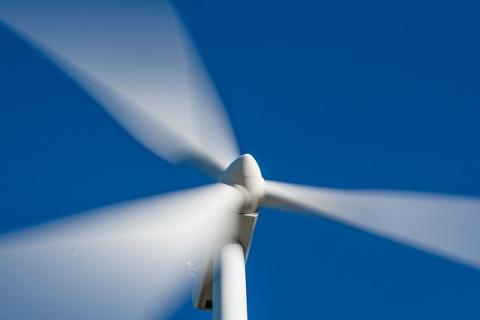
Title: Policy for Development of Renewable Energy for Power Generation - Employing Small Hydro, Wind, and Solar Technologies
Language: English
Type: Document
Nature: Laws and Regulations
Published: October 25, 2019
Region: South Asia (SA)
Country: Pakistan
Sector: Energy and Power
Topic: Climate-Smart
Keywords: Energy and Power PPPs **, Climate Smart, Energy and Power, Renewable Energy
Document Link(s):
Document Summary:
With a large population of over 150 million and a rapidly developing economy, Pakistan’s energy needs are potentially huge. The country, historically a net energy importer, is confronting serious imminent energy shortages as its economy and population grow while global fossil fuel prices continue their upwards spiral. Thus, Pakistan needs to initiate a sustained, long-term transition towards greater use of renewable energy (RE)—an indigenous, clean, and abundant resource whose considerable potential the country has yet to tap meaningfully. The Government of Pakistan (GoP) intends to pursue this objective of harnessing power from renewable resources with the full participation and collaboration of the private sector.
Document Details:
This document sets out policies and strategies to exploit such resources and attract investments in electricity generation projects utilizing hydro (up to 50 MW capacity), wind, and solar power (of all capacities). For hydroelectricity (hydel) projects of capacity greater than 50 MW, the applicable policies are described in the GoP’s Policy for Power Generation Projects, 2002. Additional policy guidelines shall be issued in the future concerning biomass conversion and other RE technologies, as well as for non-power RE applications, as the sector grows and technology advances take place.
Find more @ Energy and Power PPPs and at Climate-Smart PPPs
Image by Pixabay
Updated: July 9, 2024
Related Content
Climate-Smart PPPs
Climate-Smart PPP Legal and Regulatory Framework
Preparing, Procuring and Implementing Climate-Smart PPPs
Sector-Specific Content on Climate-Smart
Renewable Energy
Climate-Smart PPPs: Further Reading and Resources
Energy and Power PPPs
Energy Laws and Regulations
Energy Licenses and Licensing Procedures
Energy & Power PPP Toolkits
Gender & Energy Projects
Further Reading on Energy and Power PPPs